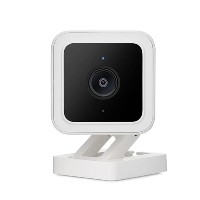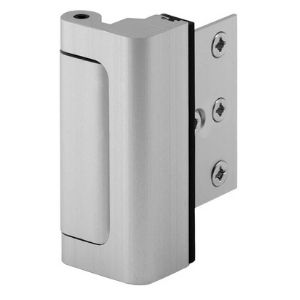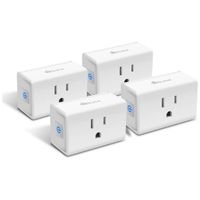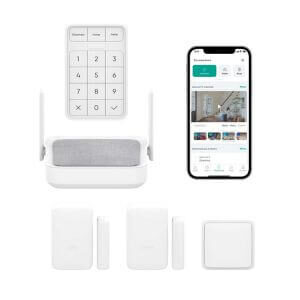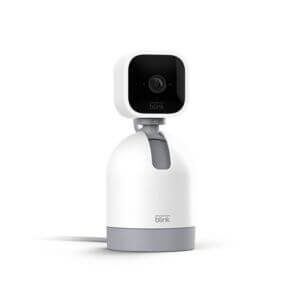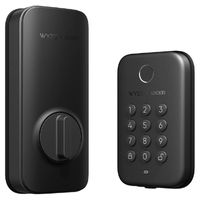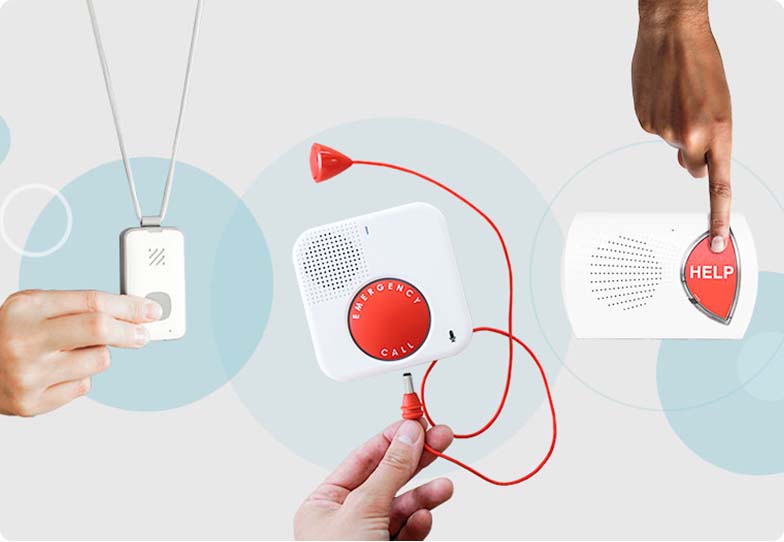If you think your rights have been violated, a court will refer to your implied right to quiet enjoyment—a concept of common law that "refers to the right of an occupant of real property, particularly of a residence, to enjoy and use premises in peace and without interference," according to USLegal.
Even if it is not in your lease or rental agreement, a court will still recognize this right.
Part of this covenant protects your privacy as outlined in your state’s laws. For example, in California, the law states that a landlord must provide written notice before entering your property. If they don't, they are in violation of your lease, oral or written.5
Before you buy a security camera to document possible trespassing and violation of your right to quiet enjoyment, be sure to read these FAQs:
